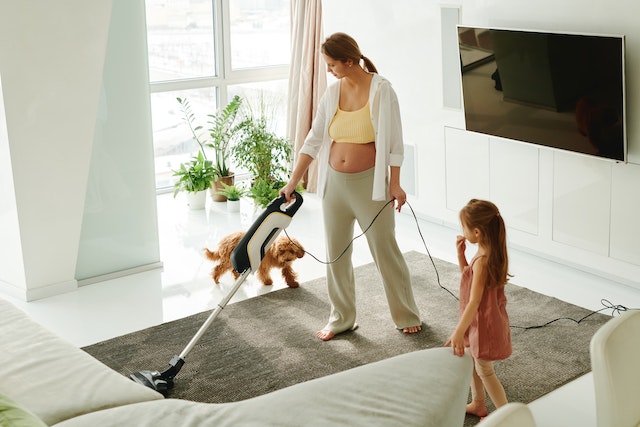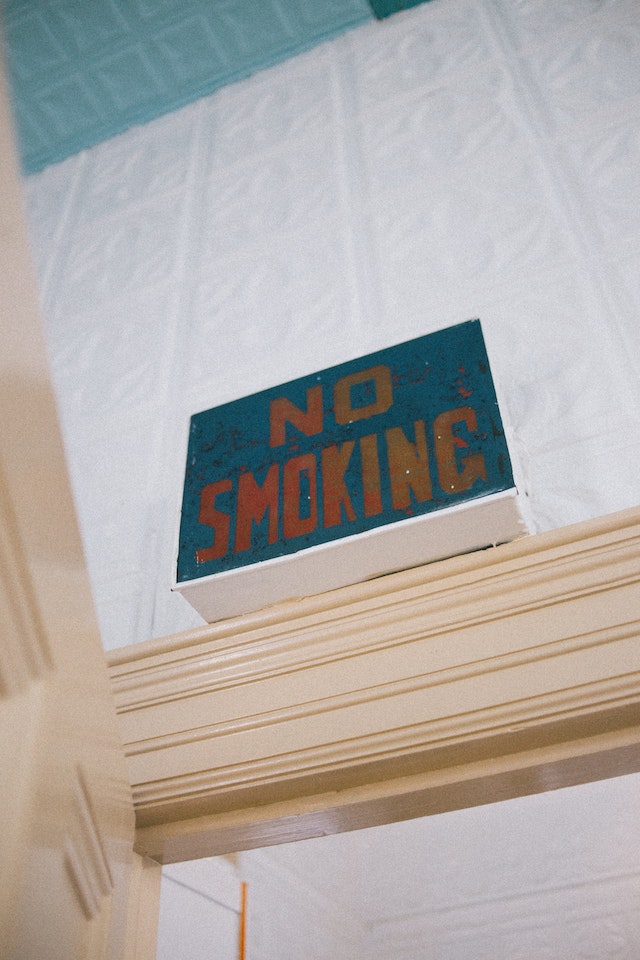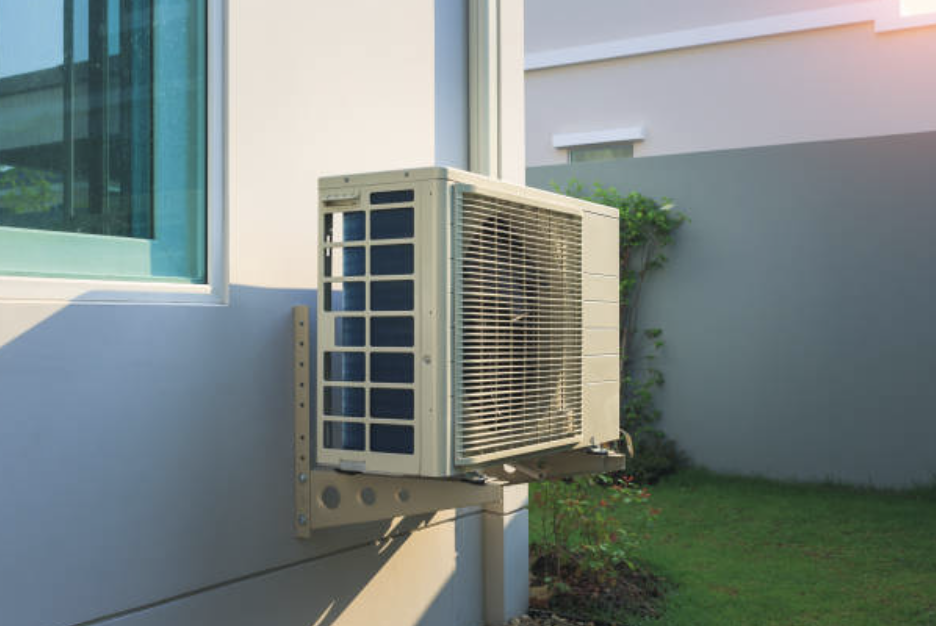Landlord Blog
Education and news for smart DIY landlords!
How You Can Improve Indoor Air Quality at Home

It's great to think about how you can get cozy in your home during winter. However, for your children with allergies or respiratory problems, this season can worsen their conditions. If there's no fresh air circulating inside your house, allergy-inducing pollutants like mold spores and dust mites can grow and flourish. In addition, low levels of stale air can be uncomfortable for your nose. Still, it can become unhealthy at higher levels.
Read on to learn how you can lessen the stale air and improve indoor air quality.
1. Keep your carpets clean.
Carpets aren't just decorations in your home. They act as air filters, trapping specks of dust, fibers, and dander from your pet. Keep your rugs and carpets clean by washing them at least once a week and letting them collect and filter out the dirt.
2. Eliminate sources of pollution.

Avoid air pollutants to keep your indoor air clean. And to do that, you need to know the basic information about them and the sources of pollution.
The most common pollutants are biological in nature. This includes bacteria carried by animals and plant debris, house dust mites that grows in damp environments, cockroaches, and pollen from plants. Eliminate these pollutants by keeping your house clean and controlling the humidity inside. Smoke from cigars or vapes is also a potent contaminant, so it's best to avoid smoking indoors.
3. Use cooking vents.
Some indoor pollutants come from the kitchen. Kitchen smoke is composed of some toxic gasses like carbon monoxide, nitrogen dioxide, and other volatile organic compounds. To avoid inhaling these particulates, always turn on the cooking vents or simply open a window to help filter out the pollutants and keep the air circulating.
4. Keep a tab on your plants.
There's been a debate on whether or not houseplants can improve air quality. With photosynthesis, plants trap carbon dioxide and convert it to oxygen gas. They also remove gasses by absorbing them. However, recent studies have shown that houseplants don't affect indoor air quality. In fact, the soil can be a source of mold and bacteria.
But it doesn't mean that you should remove your plants inside your house, as they can still improve your physical and mental state. So, just manage your plants properly and consider other ways to improve air quality.
5. Change your filters.
Air filters prevent dust and allergens from circulating throughout your home by trapping them. However, these pollutants can accumulate over time, so make sure you change the filters regularly. If you don't know how to do it yourself, get an air conditioning service plan which usually includes filter change.

6. Let the fresh air in.
Ventilation is the simplest yet one of the most effective ways to filter out indoor air pollutants. Open your windows from time to time to allow the fresh air to circulate inside your house. Then, use a screen door or window to keep bugs and insects from entering your house.
Conclusion
If you're not sure about the air quality inside your home, there are some kits you can buy to check for pollutants. You can also hire a professional that tests the air quality. Once you know the most common source of air pollutants, you can take specific actions to reduce pollution.
Read more articles below!
